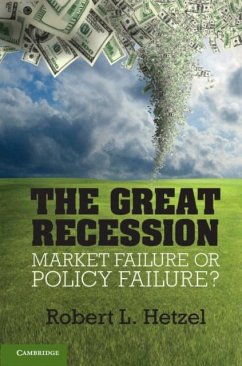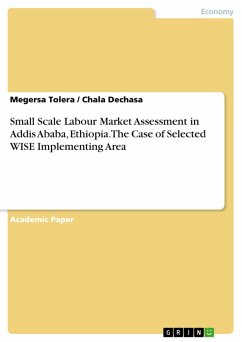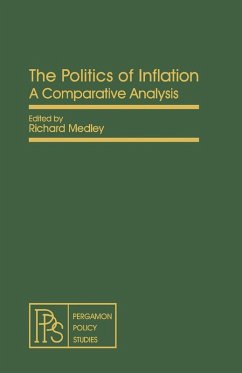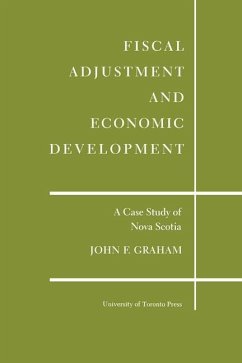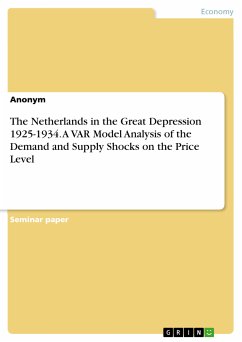
Labor adjustment in the European economic area during the Great Recession (eBook, PDF)
Versandkostenfrei!
Sofort per Download lieferbar
106,95 €
inkl. MwSt.

PAYBACK Punkte
53 °P sammeln!
The European labor markets have been under pressure since the start of the Great Recession. Wage flexibility, labor supply and demand shifts, and institutional reforms - or a lack of reforms - have been crucial in shaping the necessary adjustments. To revisit how to better, understand the ensuing challenges and how they mattered for economic policies, the National Bank of Slovakia (NBS), the Institute for the Study of Labor (IZA) and the Central European Labor Studies Institute (CELSI) organized a joint conference in Bratislava in 2014 under the title "e;European Labor Markets and the Euro...
The European labor markets have been under pressure since the start of the Great Recession. Wage flexibility, labor supply and demand shifts, and institutional reforms - or a lack of reforms - have been crucial in shaping the necessary adjustments. To revisit how to better, understand the ensuing challenges and how they mattered for economic policies, the National Bank of Slovakia (NBS), the Institute for the Study of Labor (IZA) and the Central European Labor Studies Institute (CELSI) organized a joint conference in Bratislava in 2014 under the title "e;European Labor Markets and the Euro Area during the Great Recession: Adjustment, Transmission, Interactions"e;. The principal narrative emanating from this special issue is that the Great Recession affected EU labor markets differently, and these also responded in a non-uniform way. Adjustment at the intensive and extensive margins helped to absorb the shocks, with a particular role played by immigrants, who provided a flexible labor force in many cases responding to changing labor conditions more flexibly than the traditional core workforce, but also by females. Deepened integration and free movement of workers across EU labor markets are thus prerequisites for more efficient economic adjustments under turbulent economic conditions.
Dieser Download kann aus rechtlichen Gründen nur mit Rechnungsadresse in A, B, BG, CY, CZ, D, DK, EW, E, FIN, F, GR, HR, H, IRL, I, LT, L, LR, M, NL, PL, P, R, S, SLO, SK ausgeliefert werden.




